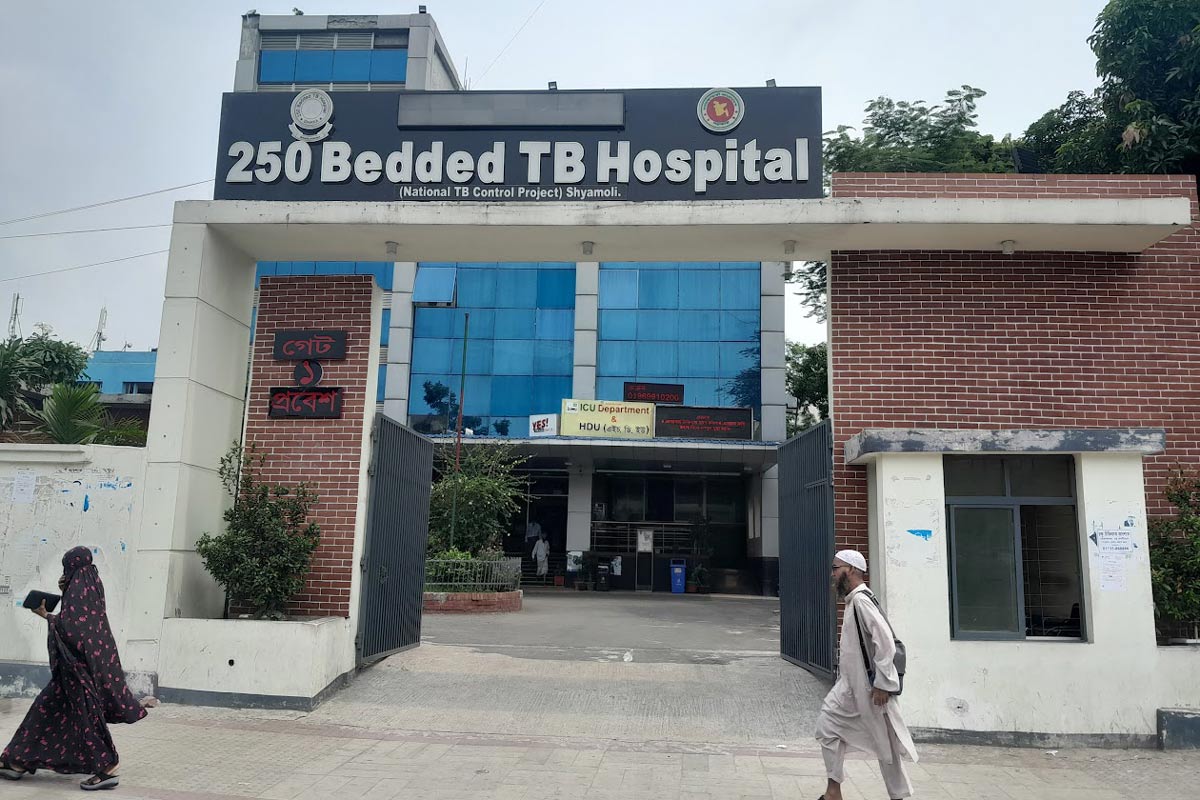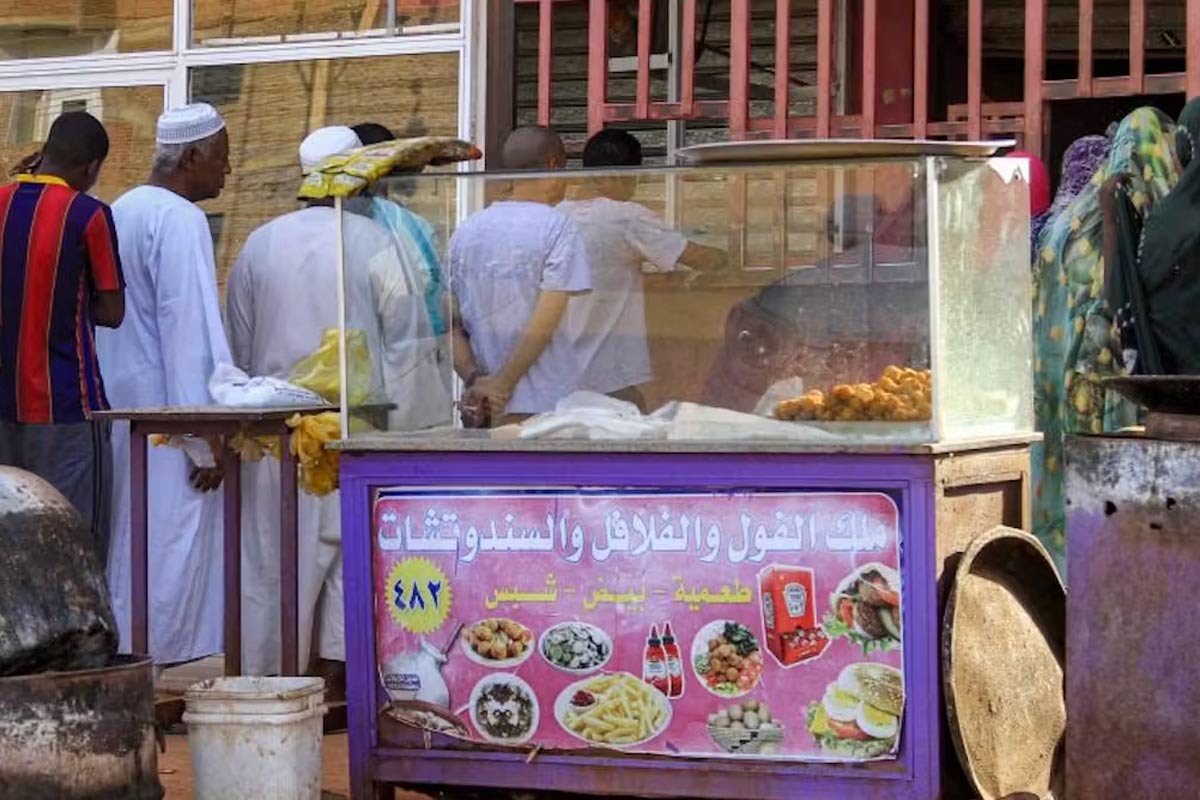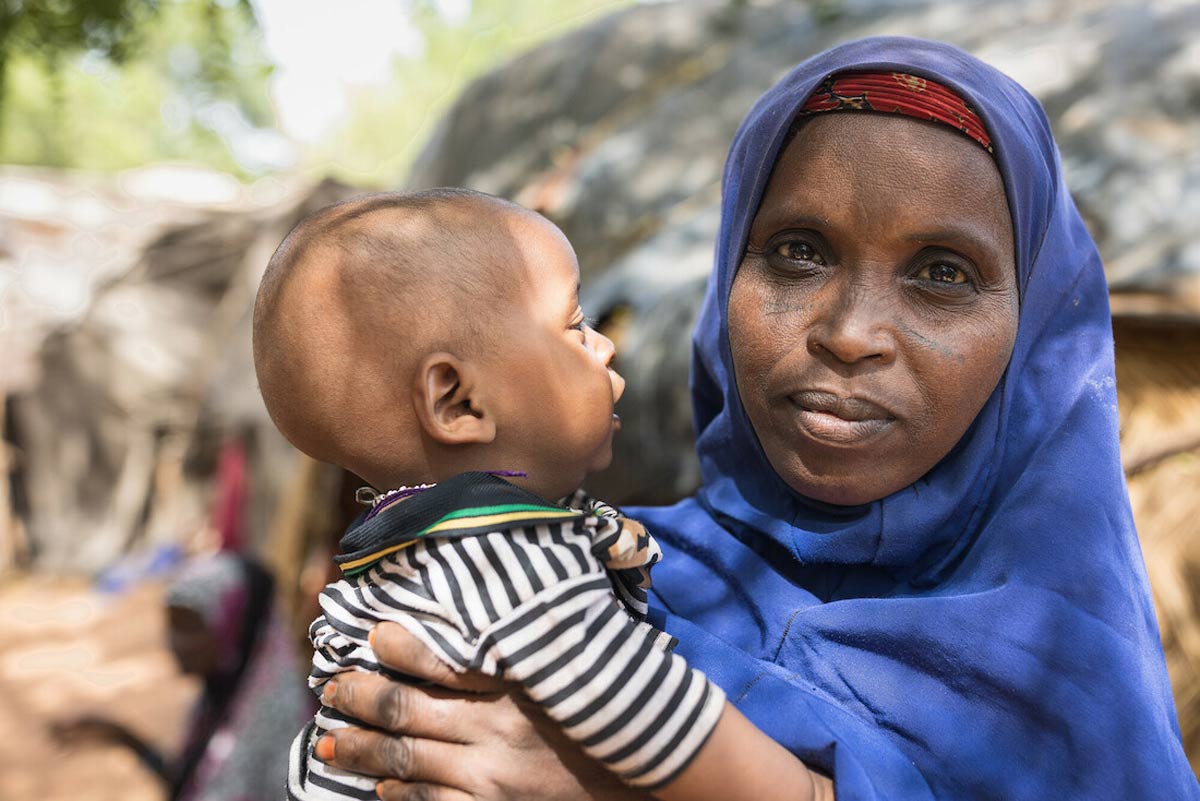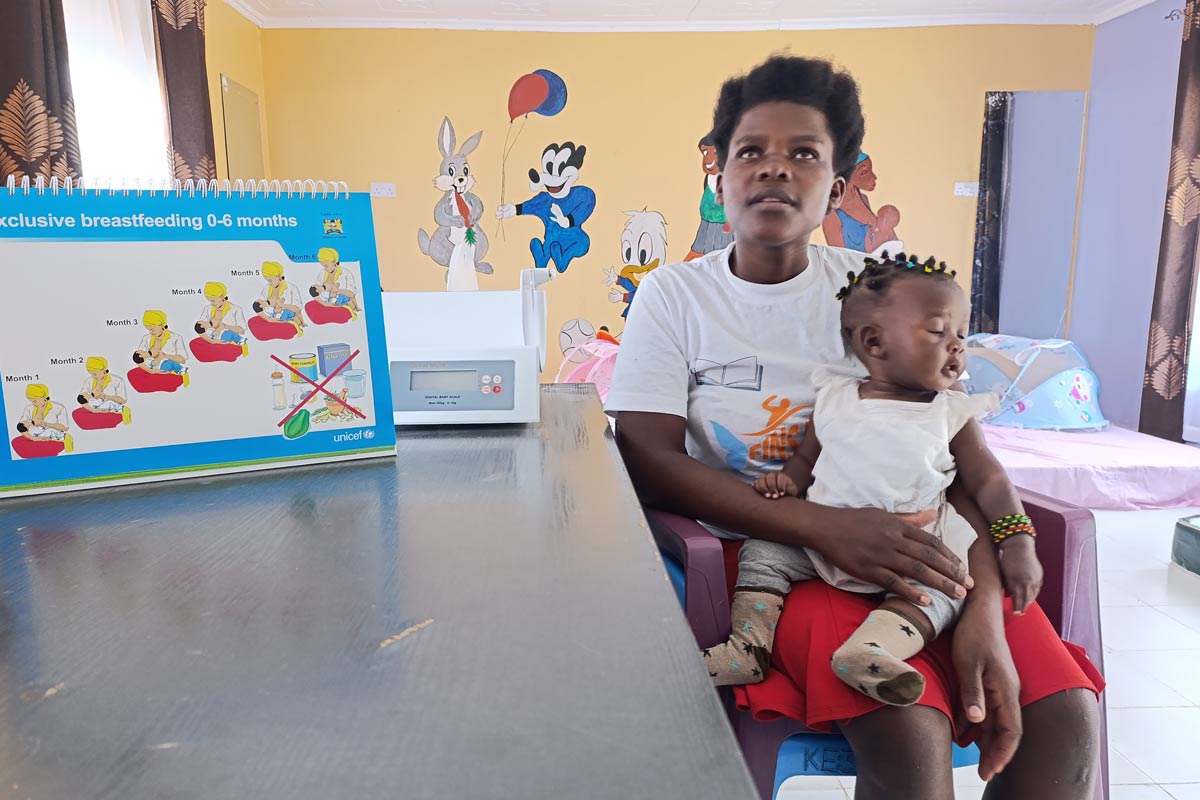Huma Khawar, freelance journalist and consultant for Vaccine Implementation Technical Advisory Consortium (VITAC).
Last month, Pakistan added another important tool to their inventory in the fight against polio, introducing inactivated polio vaccine (IPV) throughout the country. At the launch event in Islamabad on 20th August, the reasons for doing so were clear. “By the introduction of IPV, we are [yet] another step closer to ridding the world of the terrible disease of polio,“ said Dr. Syed Saqlain Ahmad Gilani, national programme manager of the Pakistan’s Expanded Programme on Immunization (EPI), adding that this was made possible by working to improve routine immunisation in the country.

The IPV launch event in Islamabad. Photo: Huma Khawar.
For Pakistan, with one of the world’s largest birth cohorts, this vaccine will be vital. Despite major challenges and remaining hurdles in some provinces, Pakistan is getting closer to polio eradication. There were 28 cases of polio in the first six months of this year compared to 94 in the same period, which is a 70% reduction. This new vaccine launch also means Pakistan is part of one of the fastest rollouts in history, which saw over 70 eligible countries apply for Vaccine Alliance support by early 2015.
The vaccine has been included in the country’s routine immunisation schedule and will be administered to children at 14 weeks old along with the other life-saving vaccines. IPV is considered very safe, whether given alone or in combination with other vaccines.
Previously, oral polio vaccine (OPV) has been used by Pakistan as part of the global polio eradication efforts. But, pointed out Director General of Health, Dr Asad Hafeez, “New evidence clearly demonstrates that just giving one dose of IPV as opposed to multiple doses of OPV is a more effective method available to stop the transmission of the polio virus and protect children.”

The vaccine in action. Photo: Huma Khawar.
On the ground, vaccinators and lady health workers in the public health system have been trained to manage and administer the new vaccine. These trainings include teaching the field workers how to interact with parents, warding off unsavoury behaviour, and addressing possible concerns about the addition of another shot to their children’s immunisation schedule.
Ghulam Qasim, vaccinator at the EPI centre in Rawal Town (some 20 km from Islamabad), is putting this into practice. He prepares another syringe and deftly gives the four-month old Abdul Hadi his third shot. As the infant lets out a loud squeal, an unperturbed Qasim tell his mother that it’s a new vaccine that has been added to the routine. He’s been doing this now for 27 years.

Little Abdul gets his shot while sitting on his mother’s lap. Photo: Huma Khawar.
“This is a polio injection which will maximise the protection against the crippling disease,” he tell her, adding: “But don’t forget to give the child the polio drops; both vaccines have their own strengths. Used in combination, these will provide the best protection.”
On a regular day, Qasim vaccinates anywhere between 120 to 150 children, but there are days when the number goes up to 160-175. “The day after the weekly holiday or any public holiday are the busiest.”
For him, the most difficult part of his job is “convincing stubborn parents” which takes up a lot of his time. “Everyone’s in a hurry; nobody has the patience to wait.“ But he says he makes sure they all listen to his tirade of the importance of completing their children’s immunisation schedule. "I always tell them it’s for free and they must avail it”.






